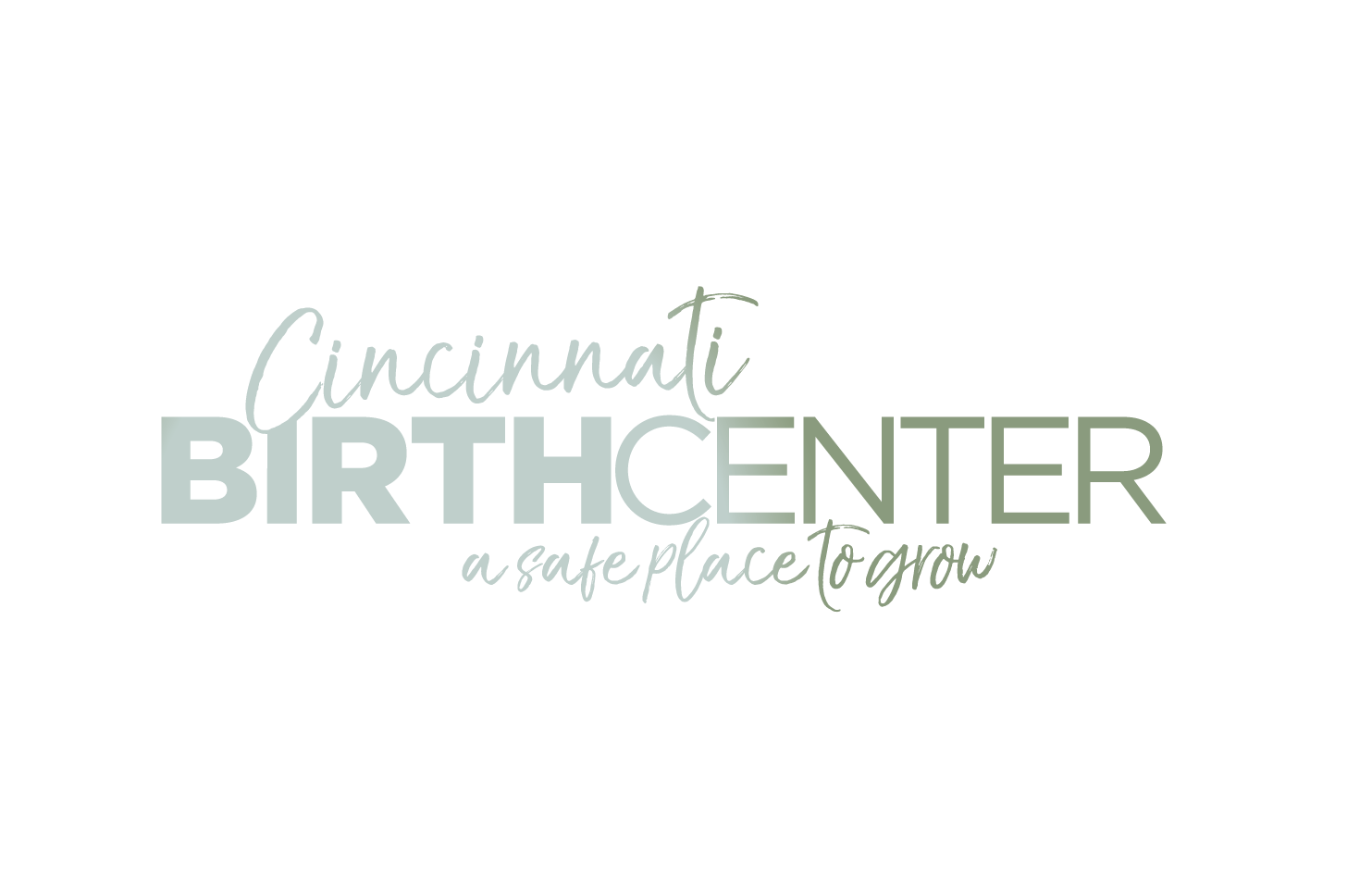Midwife Model of Care - Our Philosophies
/Over the centuries, midwifery has evolved into a woman-centered model of care using philosophies that align with local cultures and scientific research.
In the United States, the Midwife Model of Care views pregnancy and birth, not as something to fear, but as a normal life process that does not always require interventions or invasive practices.
Find out how the Cincinnati Birth Center handles topics such as:
Schedule a free tour of our birthing center!
The heart of midwifery lies in prioritizing the health of mother and baby while standing shoulder-to-shoulder with the mother in personalized approaches.
What Does the Midwife Model of Care Include?
The Midwife Model of Care is an approach that attends to the physical, psychological, and social well-being of the mother throughout pregnancy, childbirth, and postpartum.
This model is distinguished by several key practices:
Holistic Monitoring: Midwives continuously monitor the overall health of the mother, including her physical condition, emotional state, and social environment.
Individualized Support: Mothers receive personalized education, counseling, and prenatal care. During labor and delivery, midwives provide continuous, hands-on assistance, followed by supportive postpartum care.
Minimizing Interventions: Technological and medical interventions are minimized to help mothers achieve natural childbirth whenever possible while ensuring safety.
Timely Referrals: Midwives are trained to identify situations that require obstetrical intervention and make timely referrals when a pregnancy is no longer considered low-risk or a hospital transfer is needed.
The above key practices are shaped by the following philosophies:
Midwives are considered the most suitable caregivers for women during childbirth, offering specialized and compassionate care.
Midwife care promotes, protects, and supports women's health and rights, respecting ethnic and cultural diversity.
This care model is continuous and holistic, addressing the social, emotional, cultural, spiritual, psychological, and physical experiences of women.
Midwives build up the health and social status of women, empowering them through their ability to cope with childbirth.
Midwives are respectful, personalized, continuous, and non-authoritarian, referring back to the philosophy of a woman-centered model of care.
Midwife care is guided by ongoing education, scientific research, and the application of evidence, making sure that it is both ethical and competent.
History and Evolution of the Midwife Model of Care
The role of midwives in the United States has constantly evolved over the years. Historically, midwives were the primary providers of maternity care, particularly in rural and underserved areas. However, the rise of hospital-based obstetric care in the 20th century led to a decline in midwifery services. It wasn’t until the latter half of the century, amidst growing concerns over high intervention rates and a movement towards more personalized care, that midwifery began to experience a resurgence.
The establishment of professional organizations, such as the American College of Nurse-Midwives (ACNM) in 1955, played a role in professionalizing midwifery and integrating it into the broader healthcare system. Today, midwives are recognized as key providers in maternal healthcare, working in various settings including hospitals, birth centers, and home birth practices.
Midwifery Today
Today, the number of births attended by midwives in the U.S. is increasing as awareness grows and home birth myths are dispelled. Studies have proven that midwife care reduces the need for cesarean sections or medical interventions, and significantly lowers the rate of birth injury or trauma [1 , 2].
Despite the proven benefits, midwifery in the U.S. faces challenges such as:
Varying state regulations
Limited integration into some healthcare systems
Public misconceptions concerning safety
We need to constantly advocate, educate, and address policy reforms to push our cause forward.
Looking ahead, integrating midwives into regular healthcare and increasing access will help meet the needs of diverse populations, reduce medical interventions, and lead to healthier outcomes for mothers and babies.



